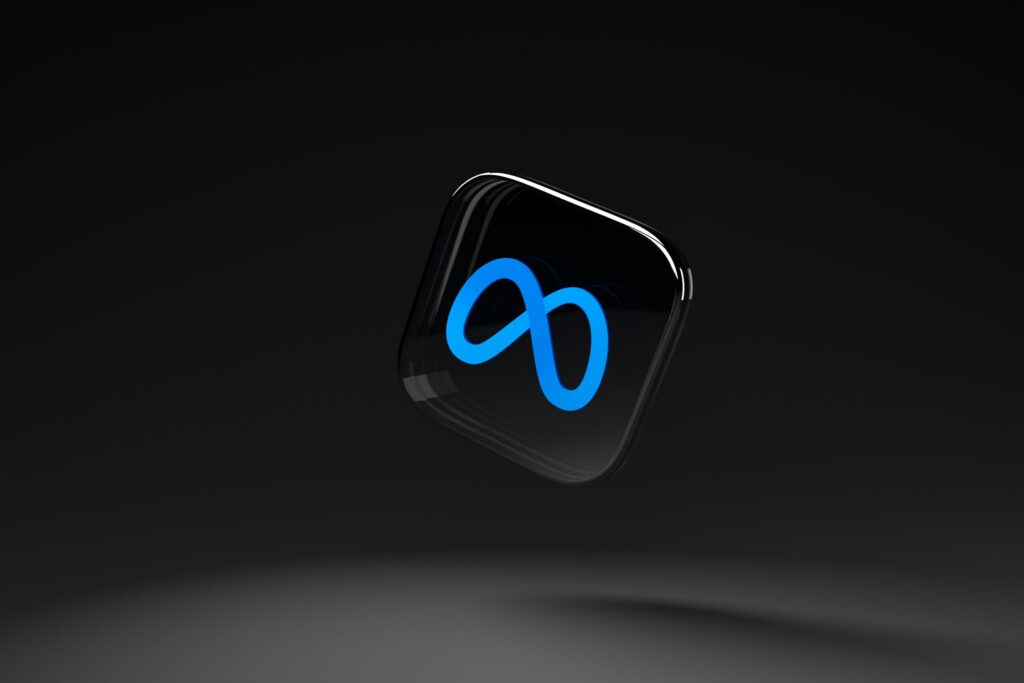Meta Makes Way around Apple’s Data Privacy Move; Releases Ad, Shares Tips

Meta is still coming to terms with the aftermath of Apple’s data privacy move which it rolled out with the iOS 14 update. Losses to the tune of approximately $10 billion in 2022, users cut off from data tracking, and limited sharing of insights with ad customers, are some of the ways Meta has been […]
